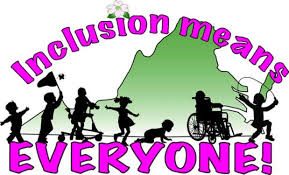Additional Support Needs
Additional support for learning means giving children extra help or support so they can get the most out of their education.
A child or young person is said to have ‘additional support needs’ if they need more, or different support to what is normally provided in school or the early years setting.
It doesn’t just apply to children who have long-term learning difficulties or disabilities. Children can need support for a variety of different reasons. Some may need a lot of support all the way through school, others will only need a small amount for a short time.
The terms “additional support for learning” and “additional support needs” can be confusing. Many people think they only apply to children with long-term learning difficulties or disabilities but children can need support for many other reasons. These include:
-
- Difficulty in managing emotions
- Missing school because of an illness or long-term condition
- Having a physical disability
- Being a young carer
- Communication difficulties
- Being particularly able
- Changing school a lot
- Being looked after or in care
- Having a difficult family situation
- Suffering a bereavement
- Being bullied
There is no one way to support children. How support is provided in the class and wider school will depend on an individual child’s needs. Support is usually provided through the normal learning and teaching that takes place in class, however additional support might include:
- Short bursts of intensive work, 1 to 1 or in a group, with either a teacher or learning support worker
- Working with a child on a specific learning programme
- Adapting the classroom environment to suit a child’s needs
- Providing coping strategies or a quiet space to help children with social or emotional needs
- A teacher adapting how he or she teaches a lesson
- Adapting learning materials to a child’s needs
- Using special equipment or IT
It may be that other agencies help to provide support in or out of school to help meet a need. In some situations it is useful to meet regularly using the GIRFEC process.






